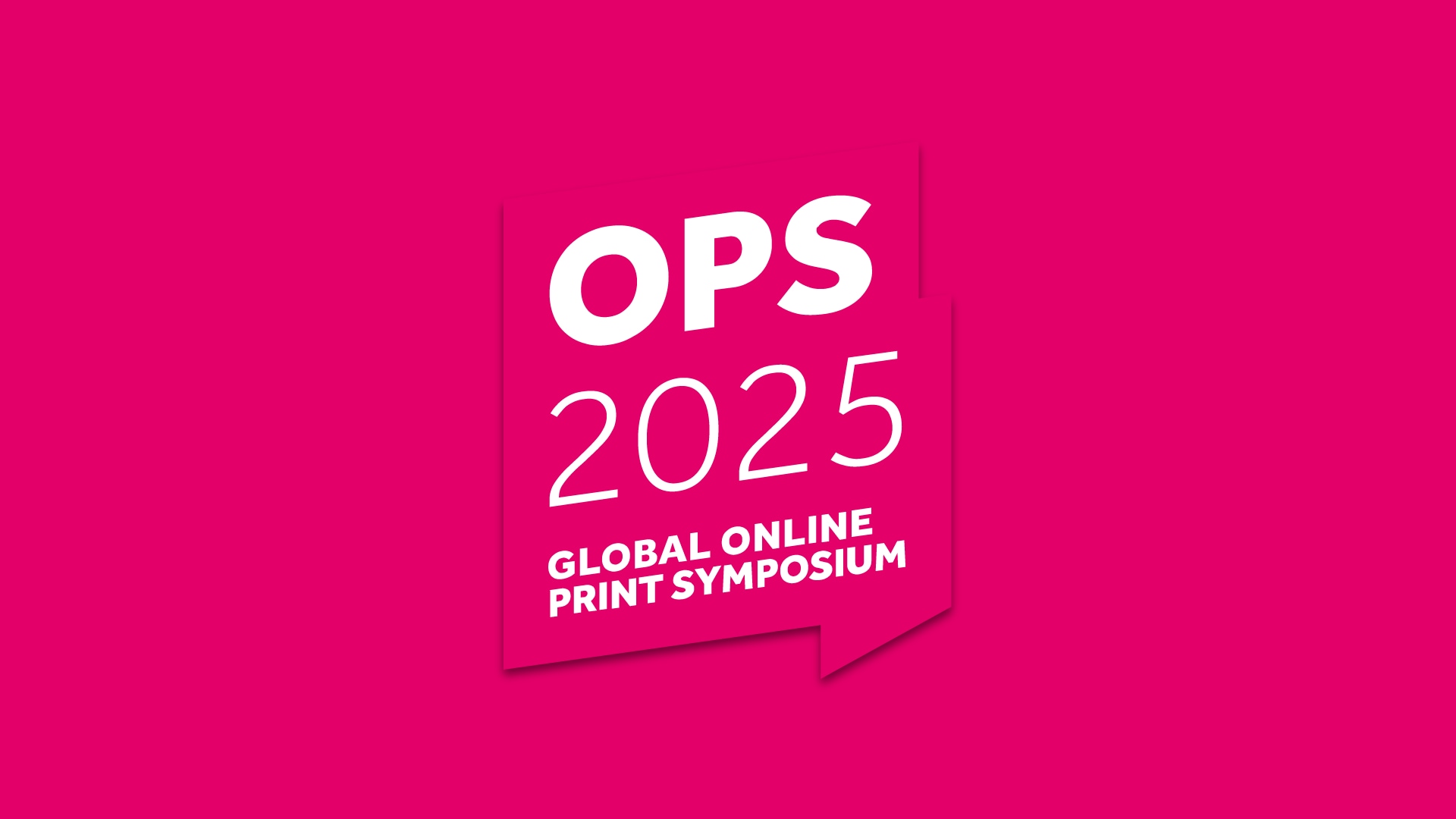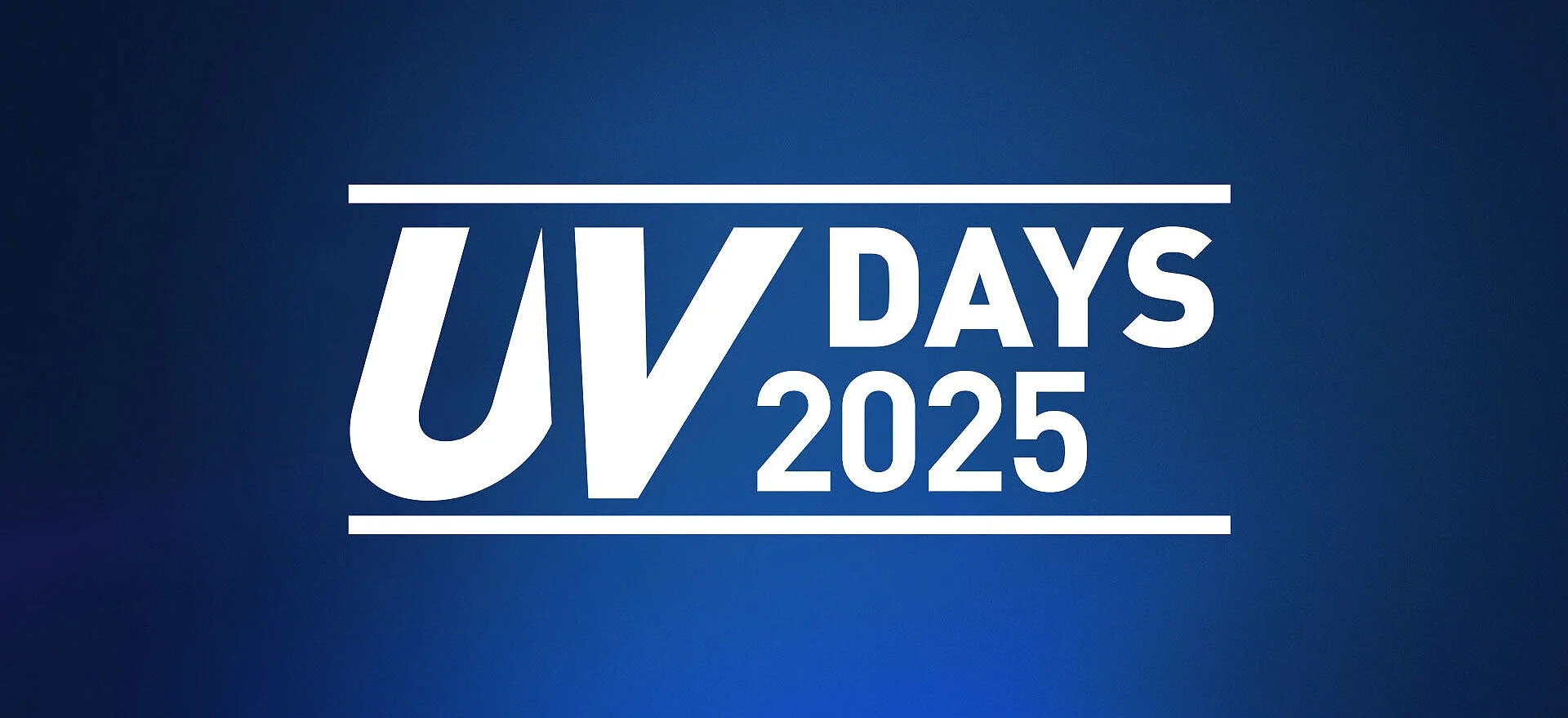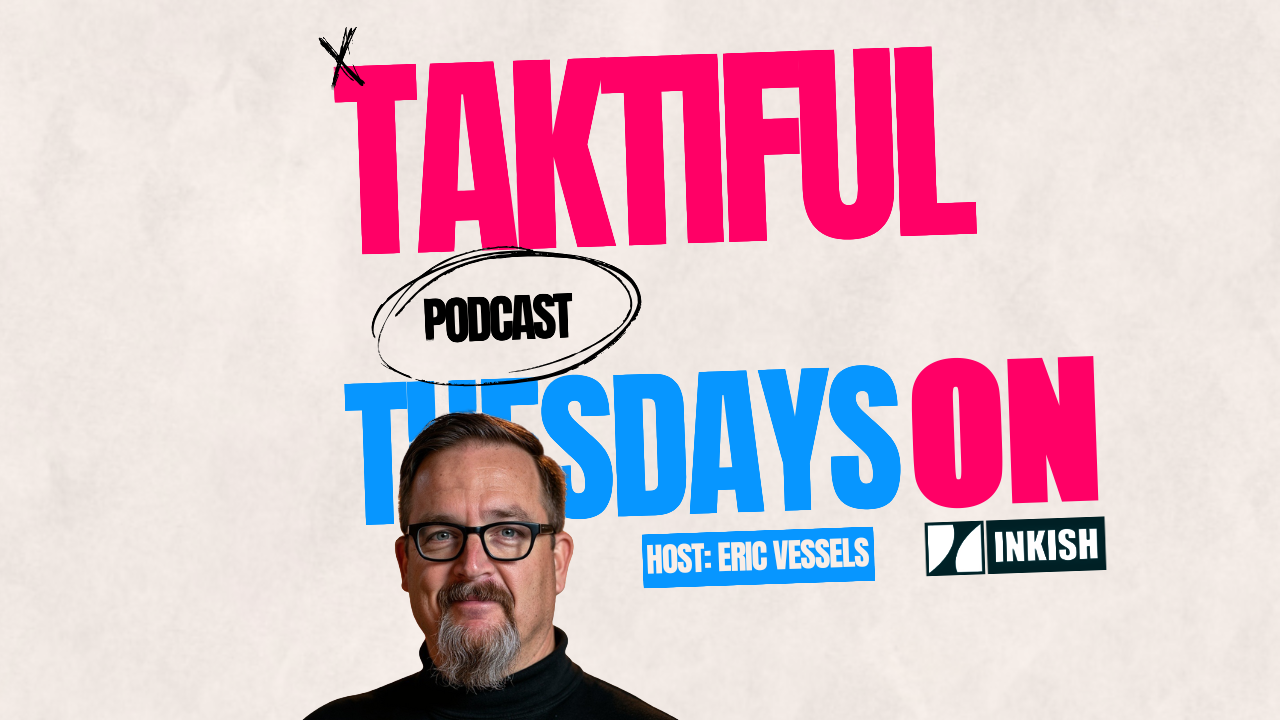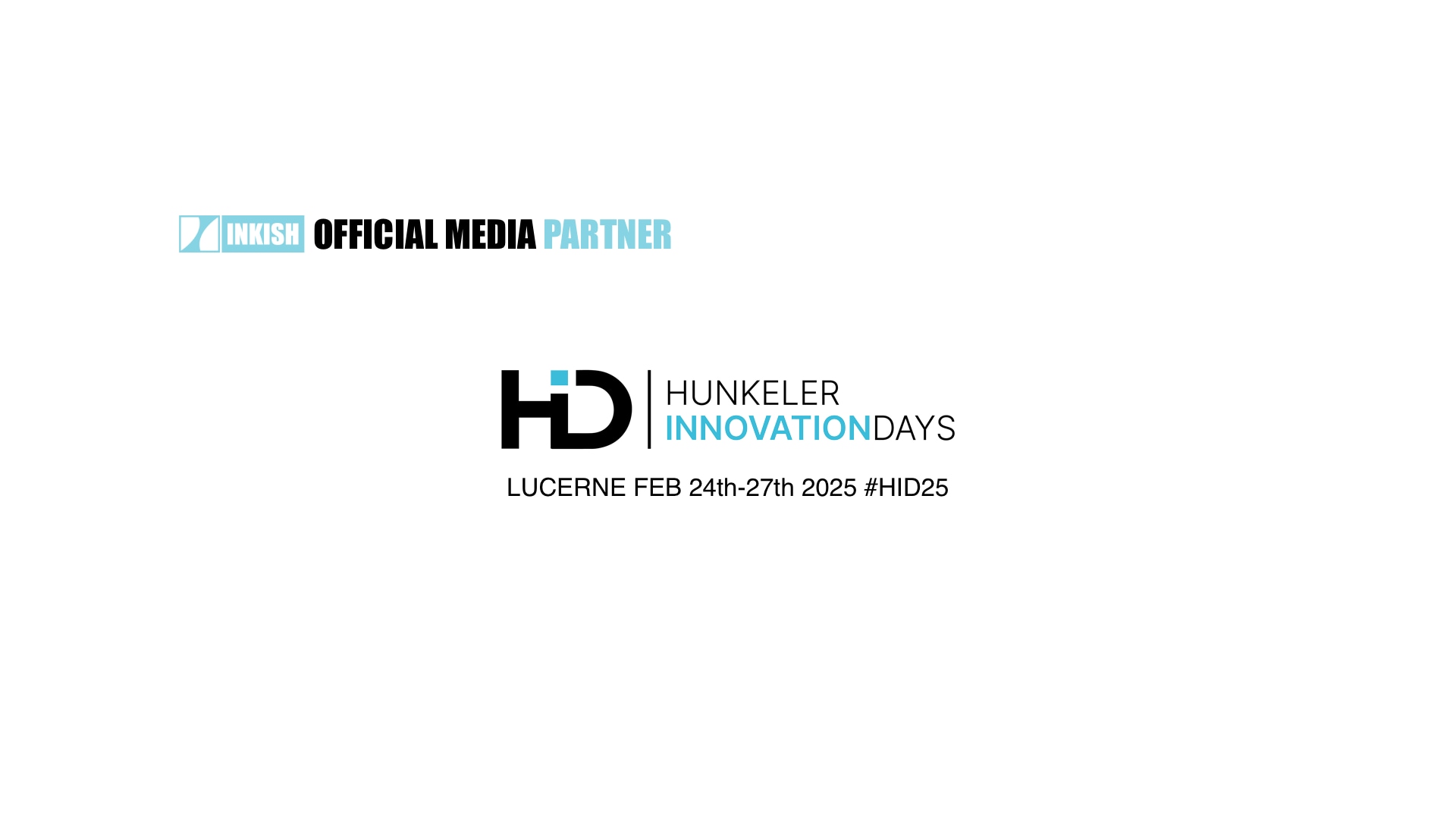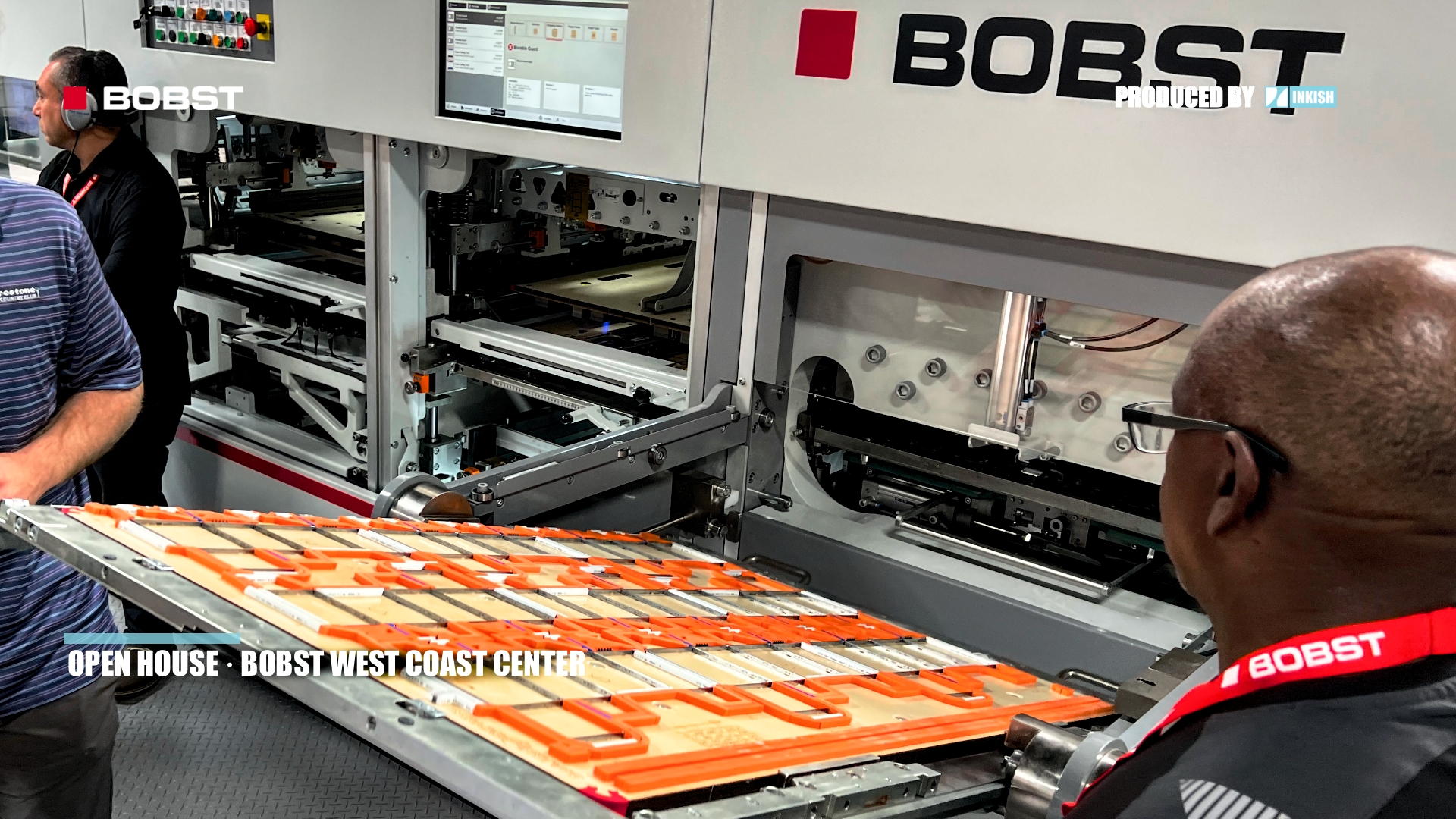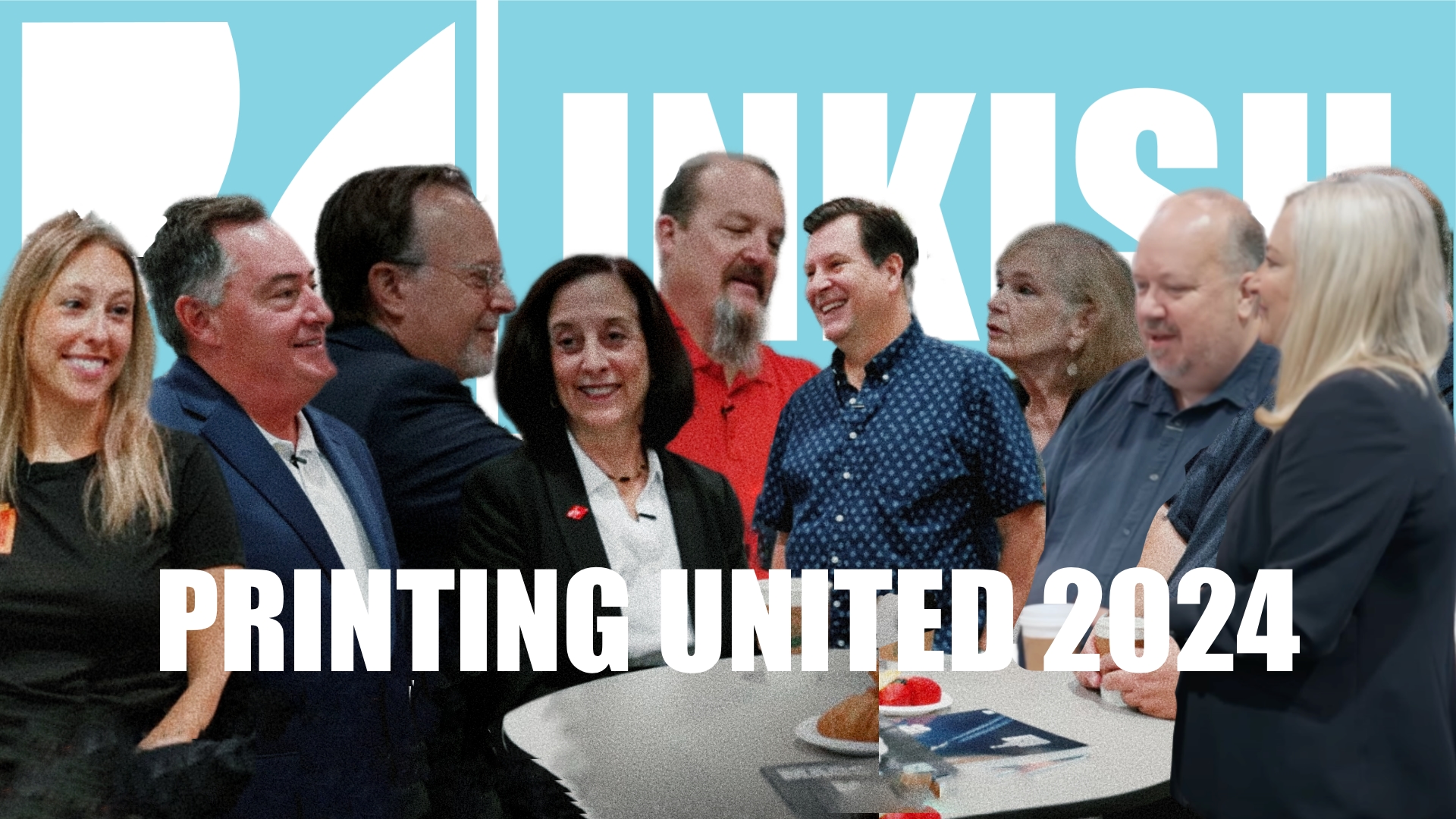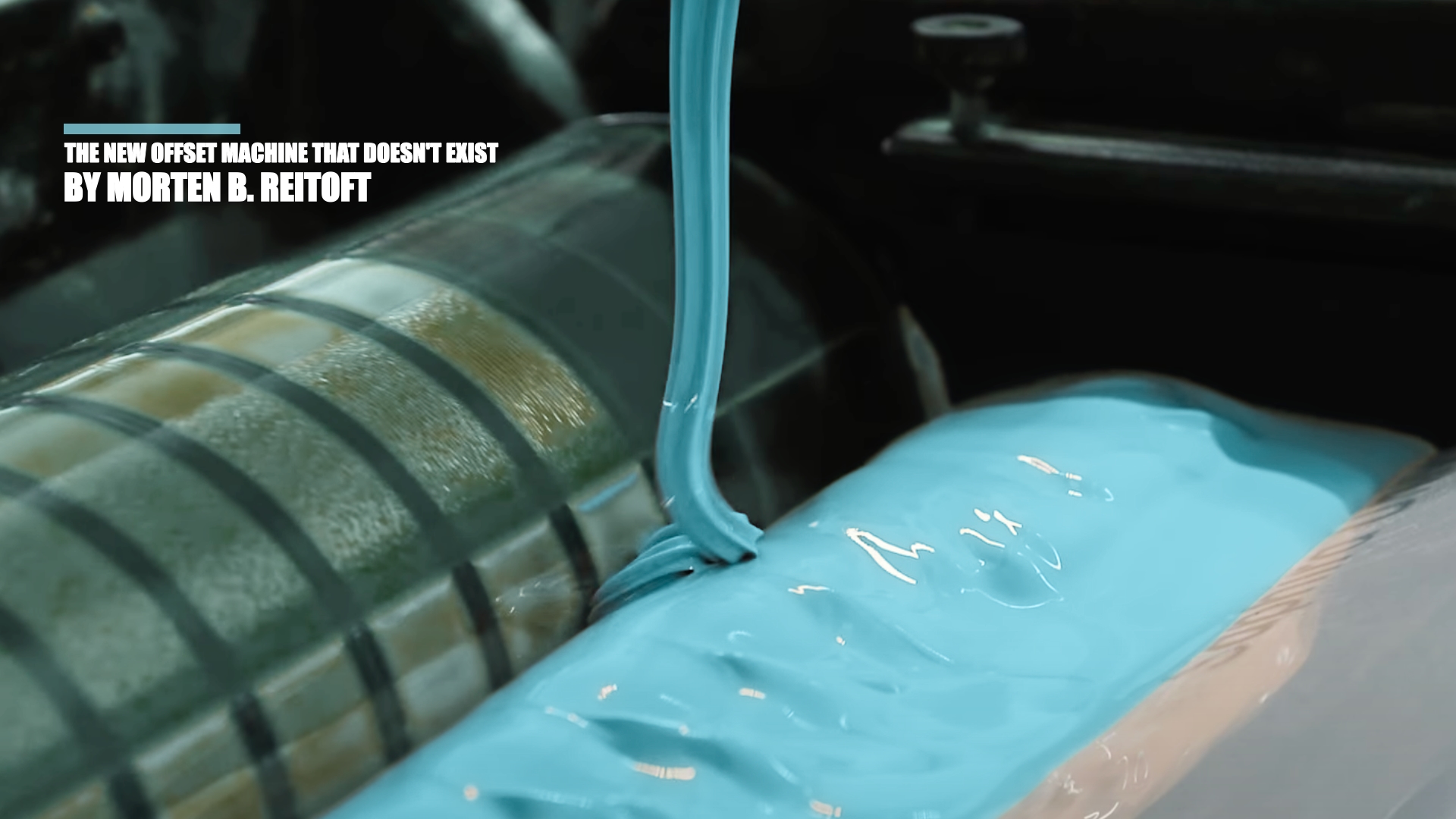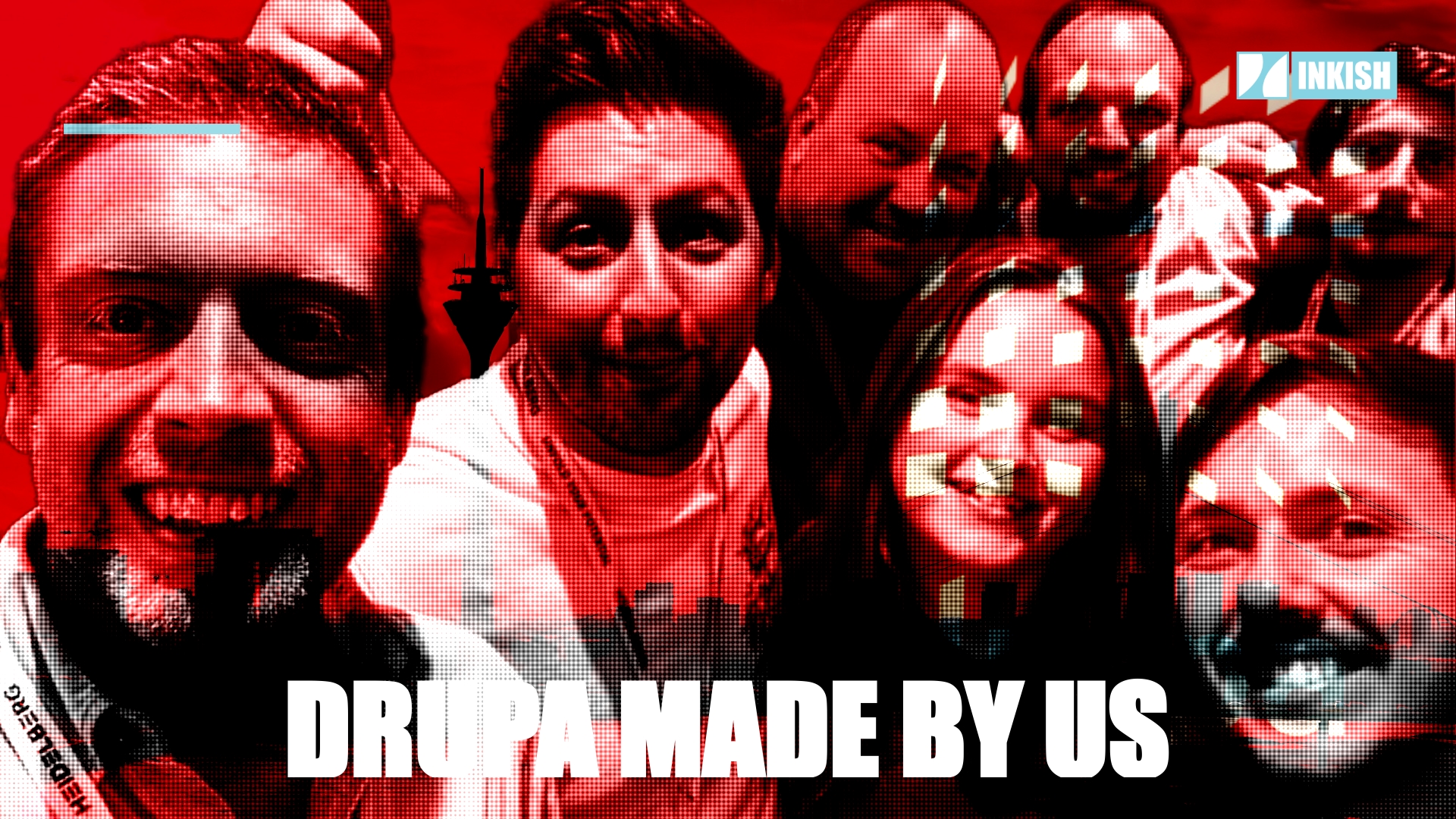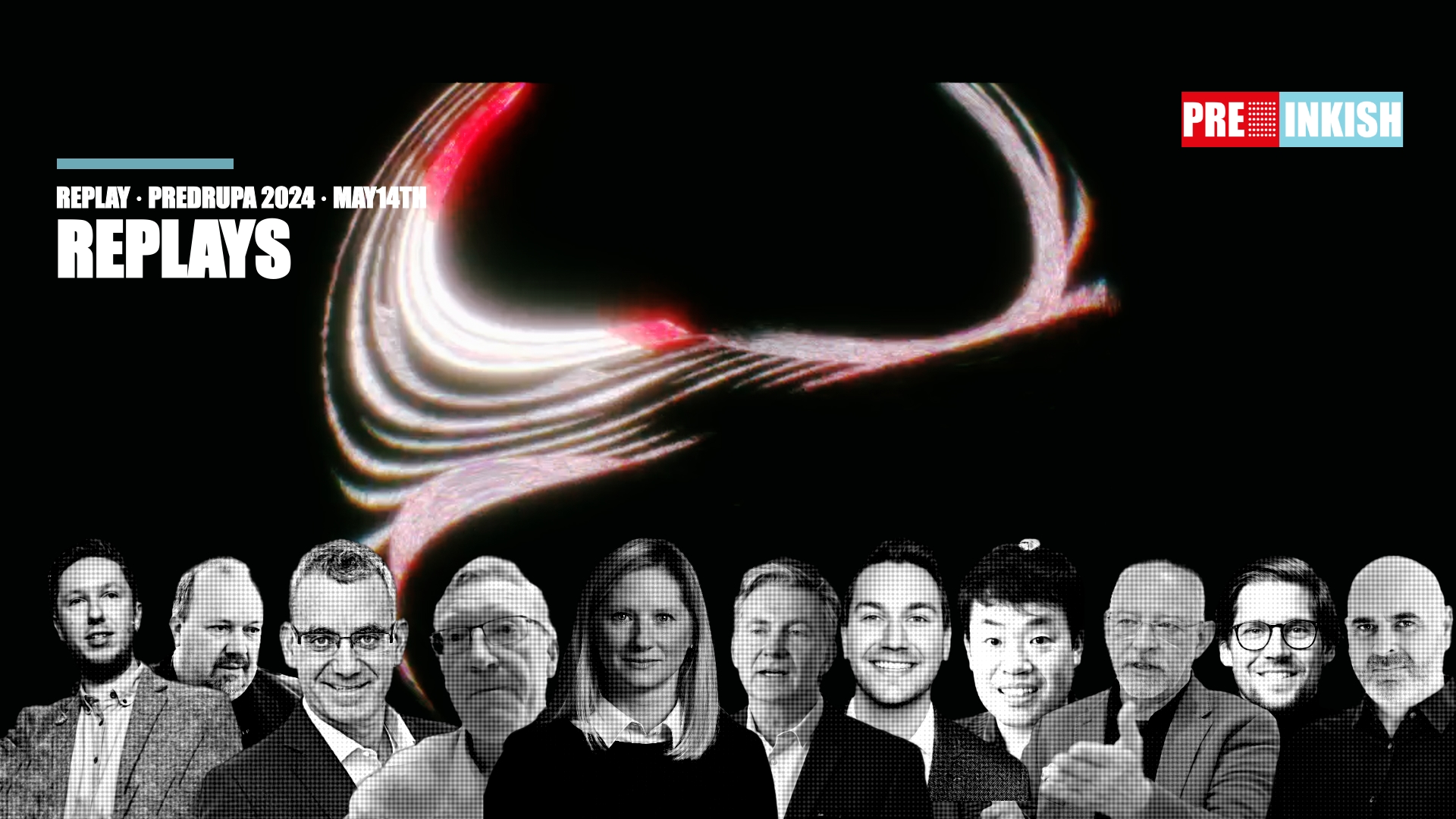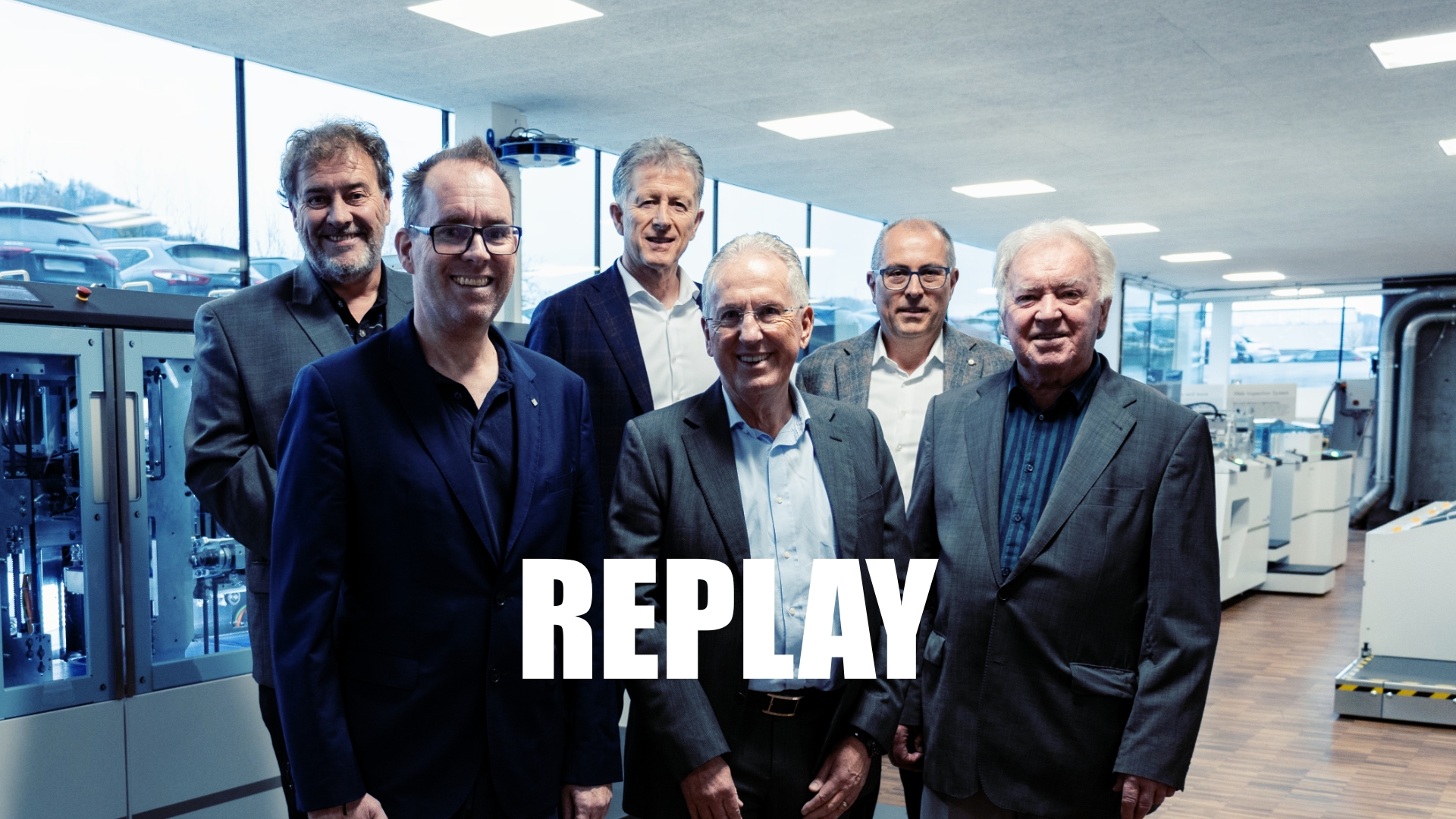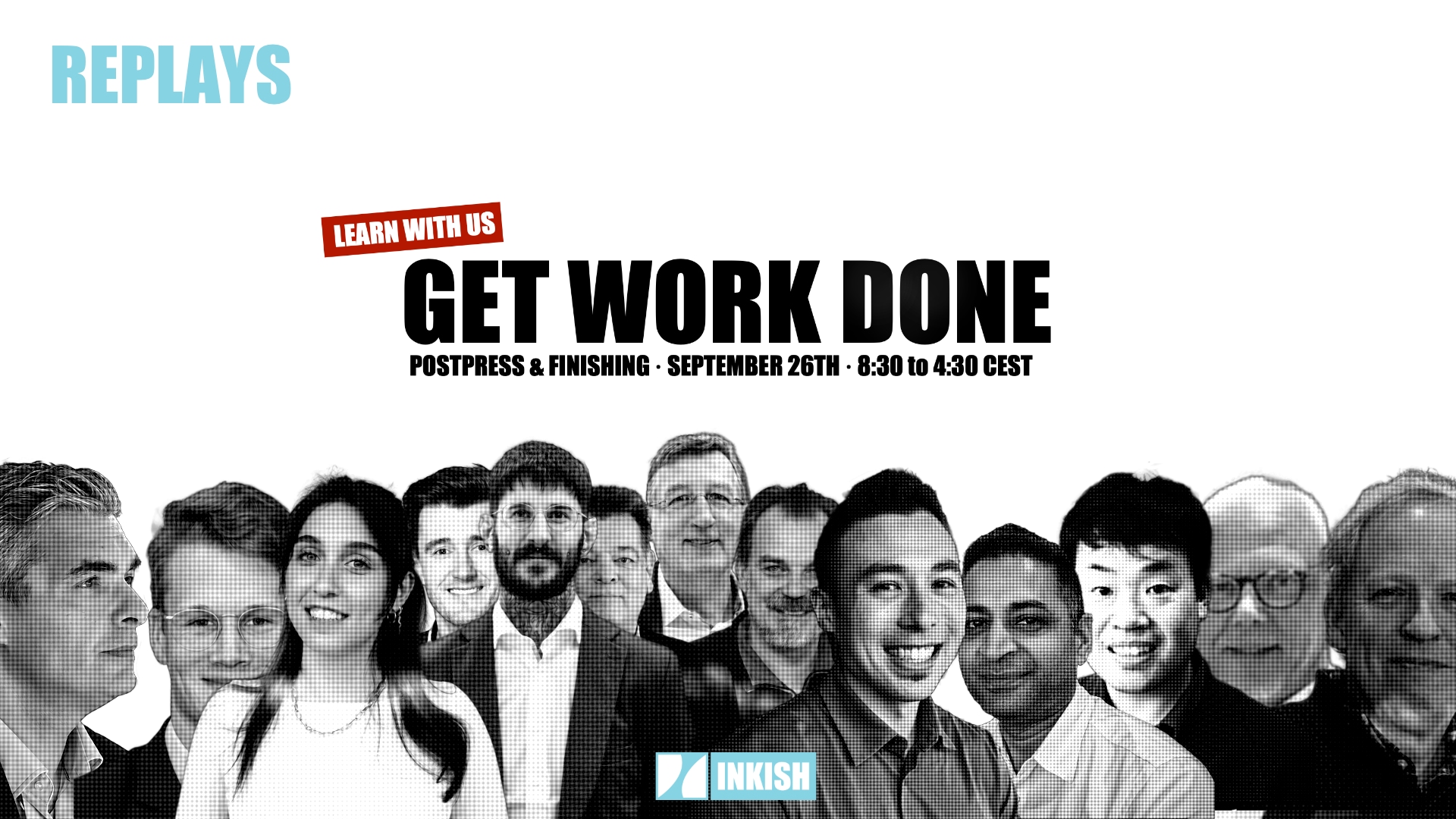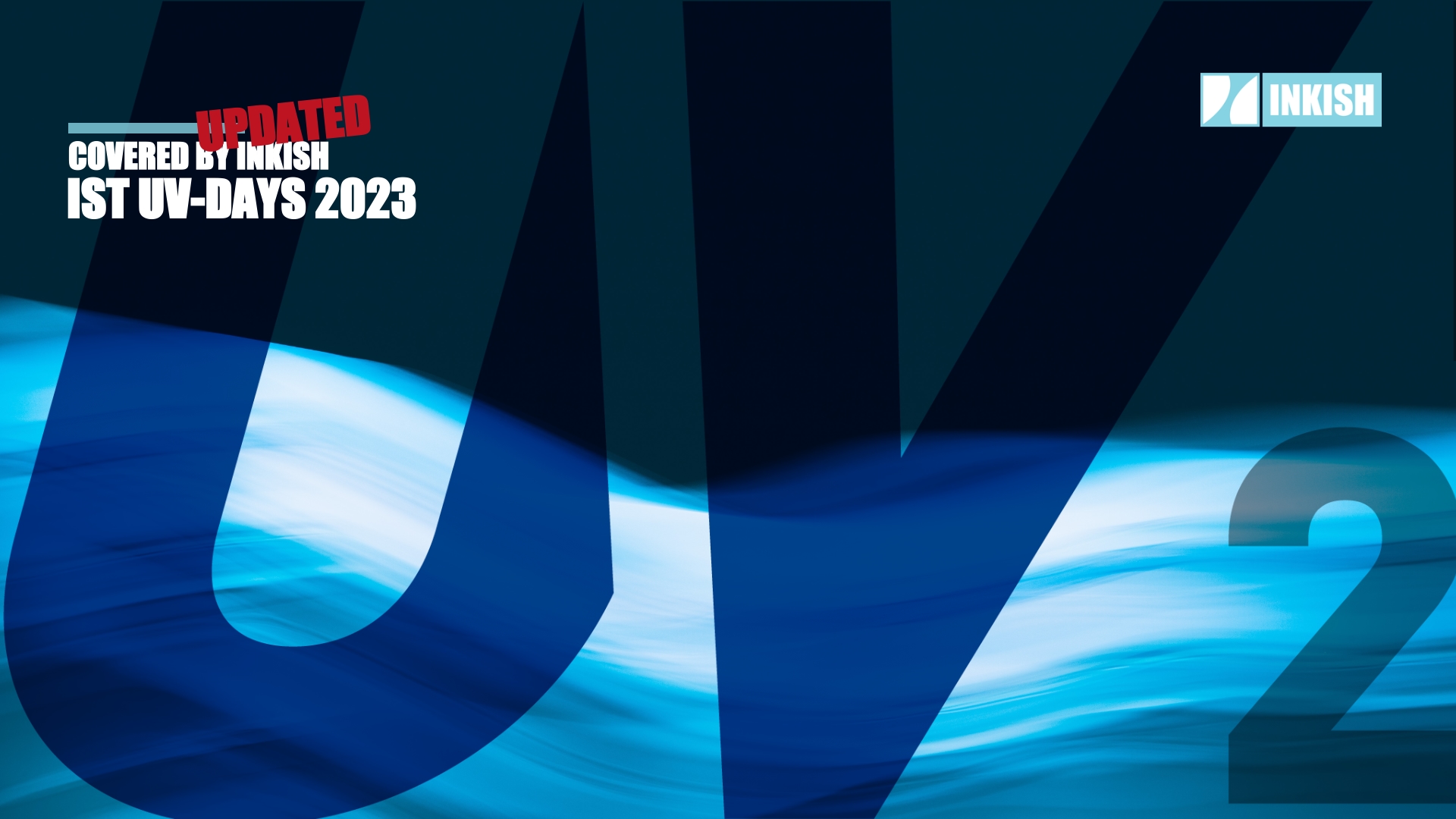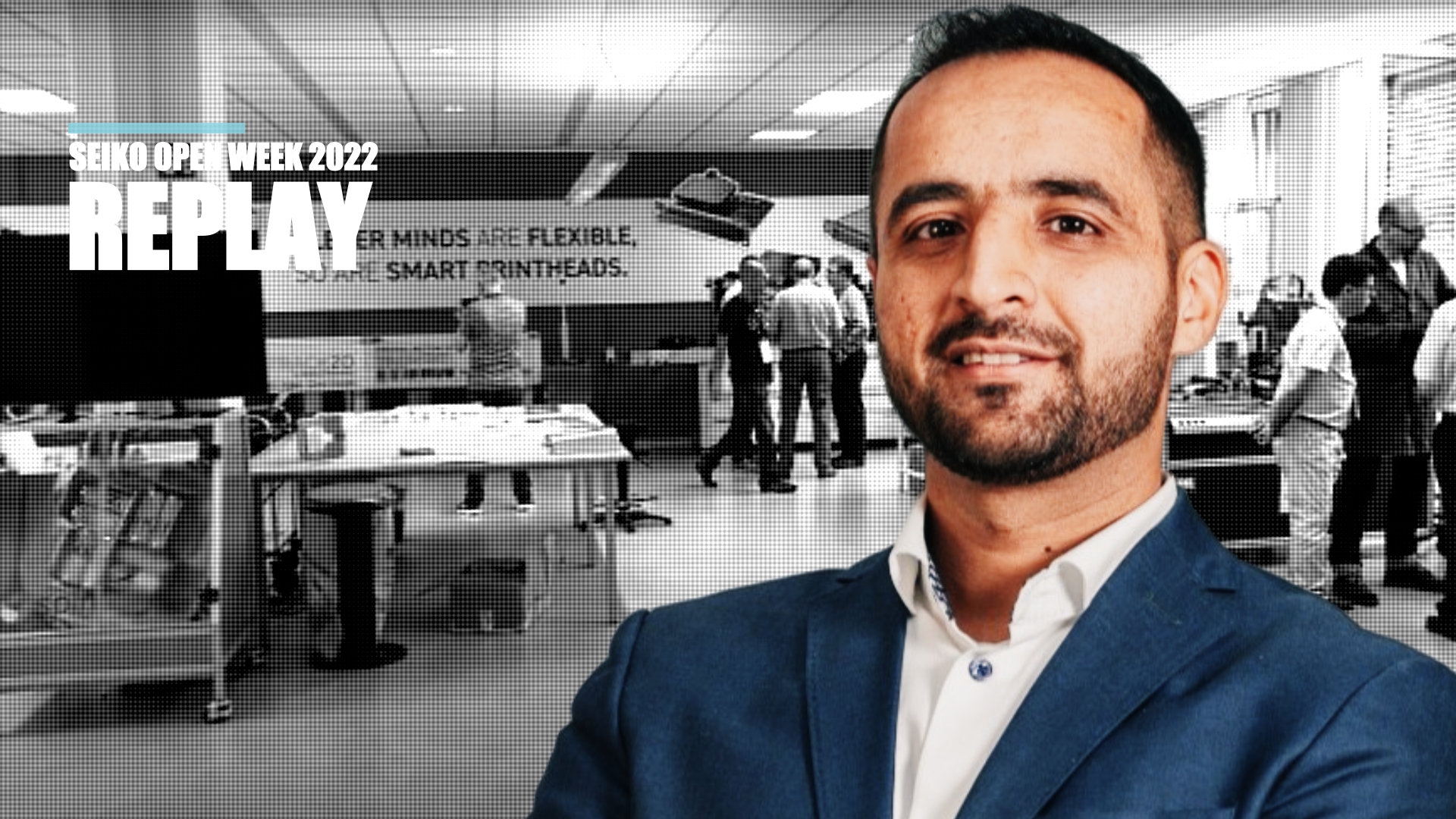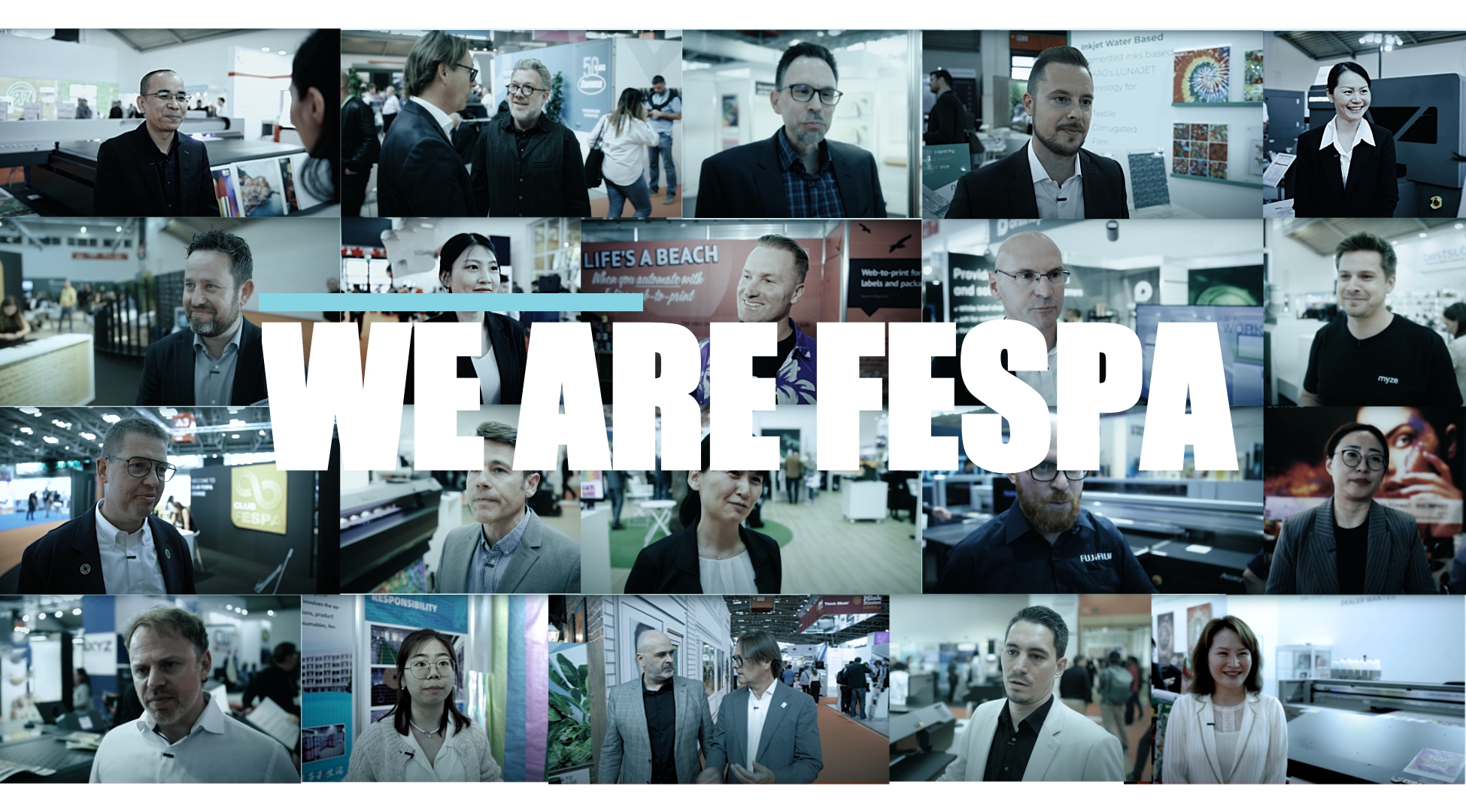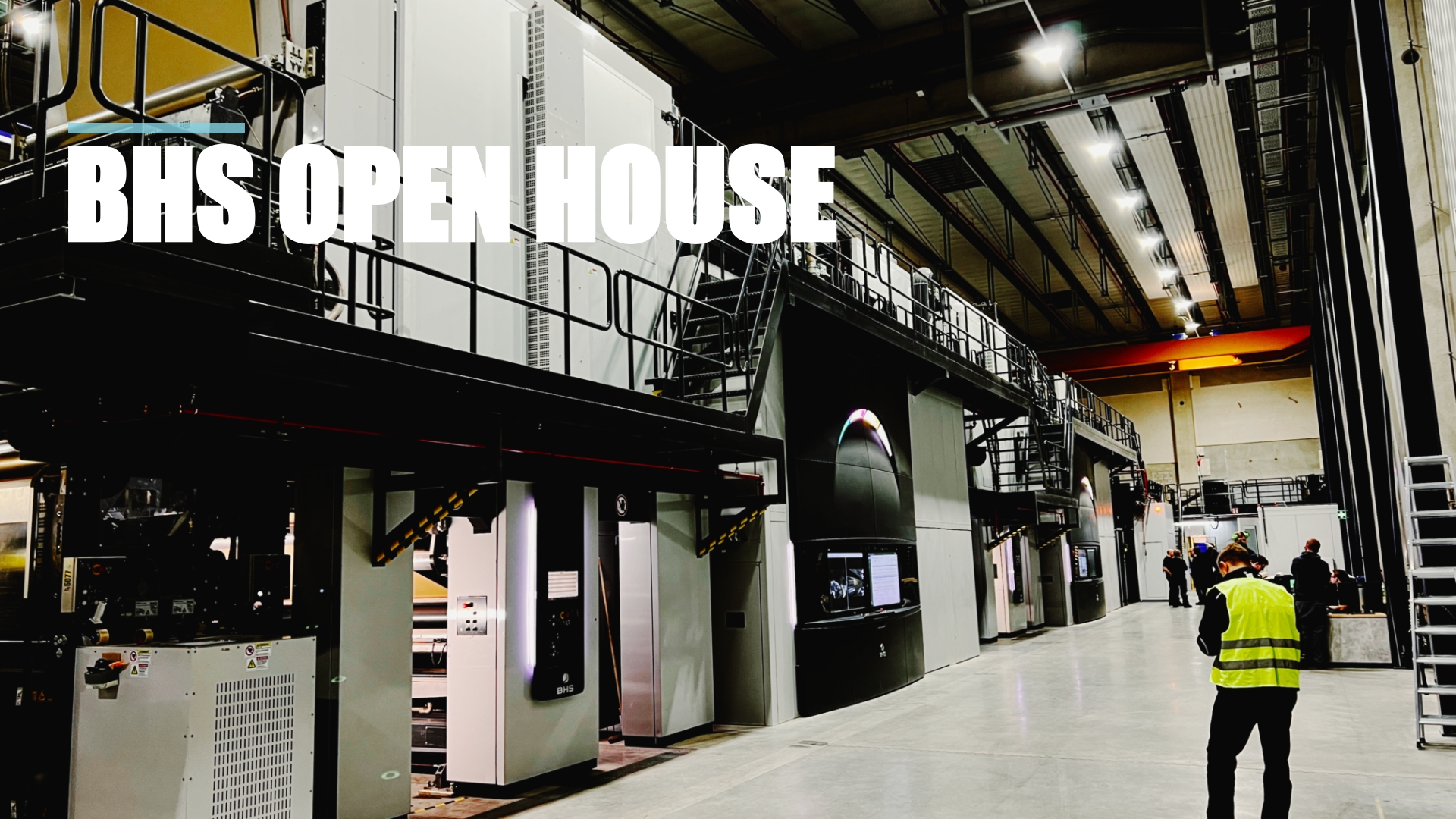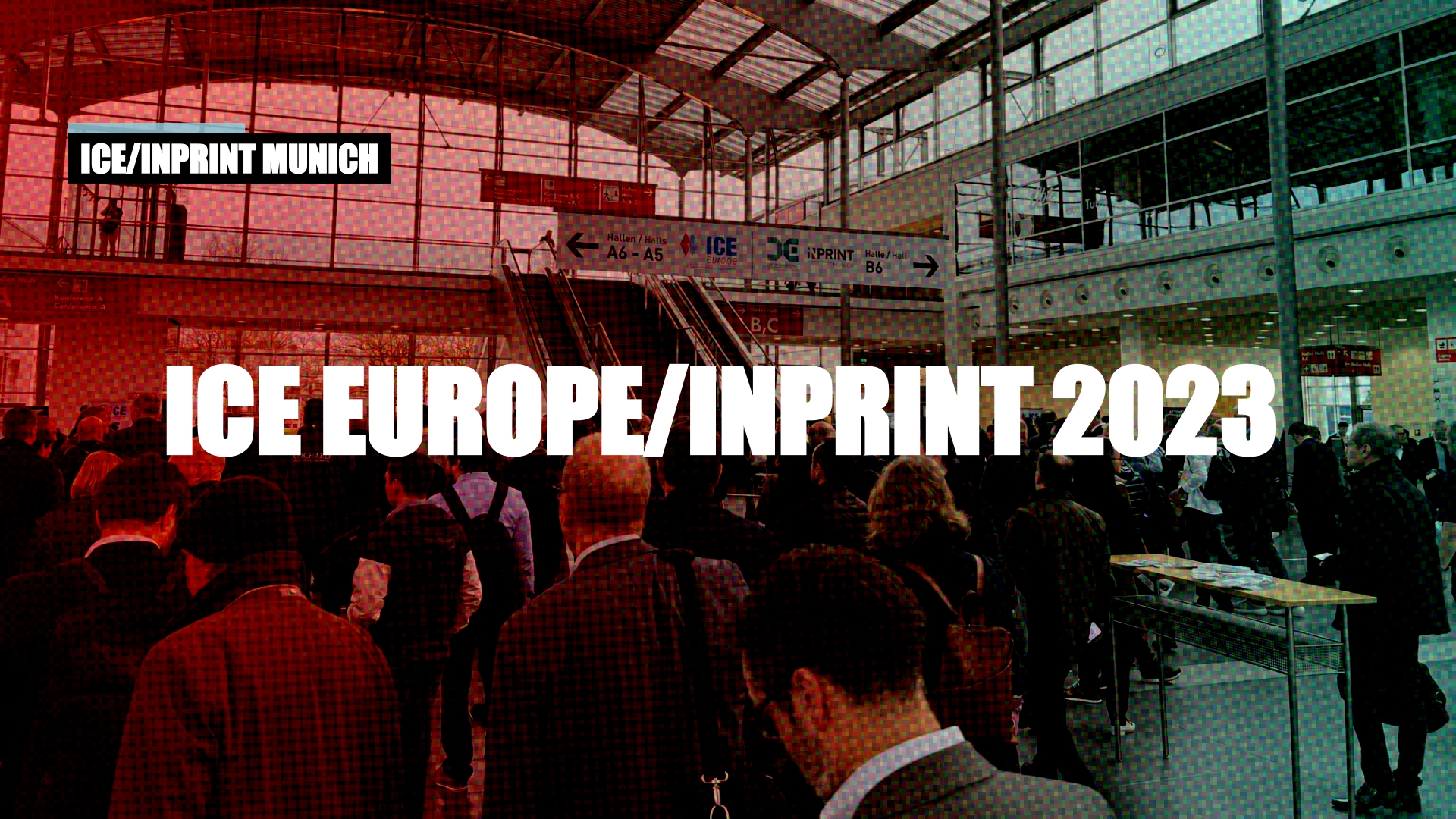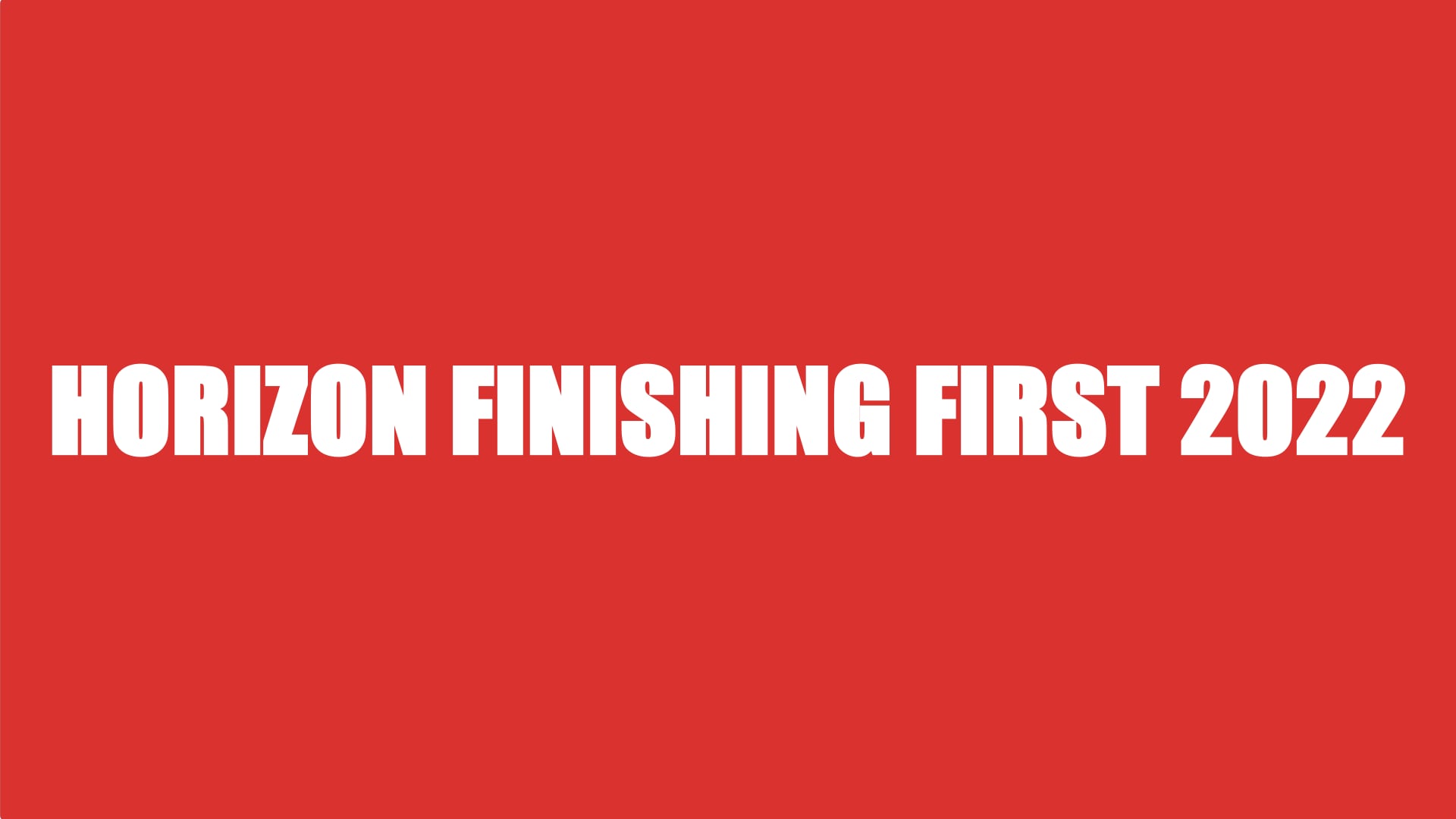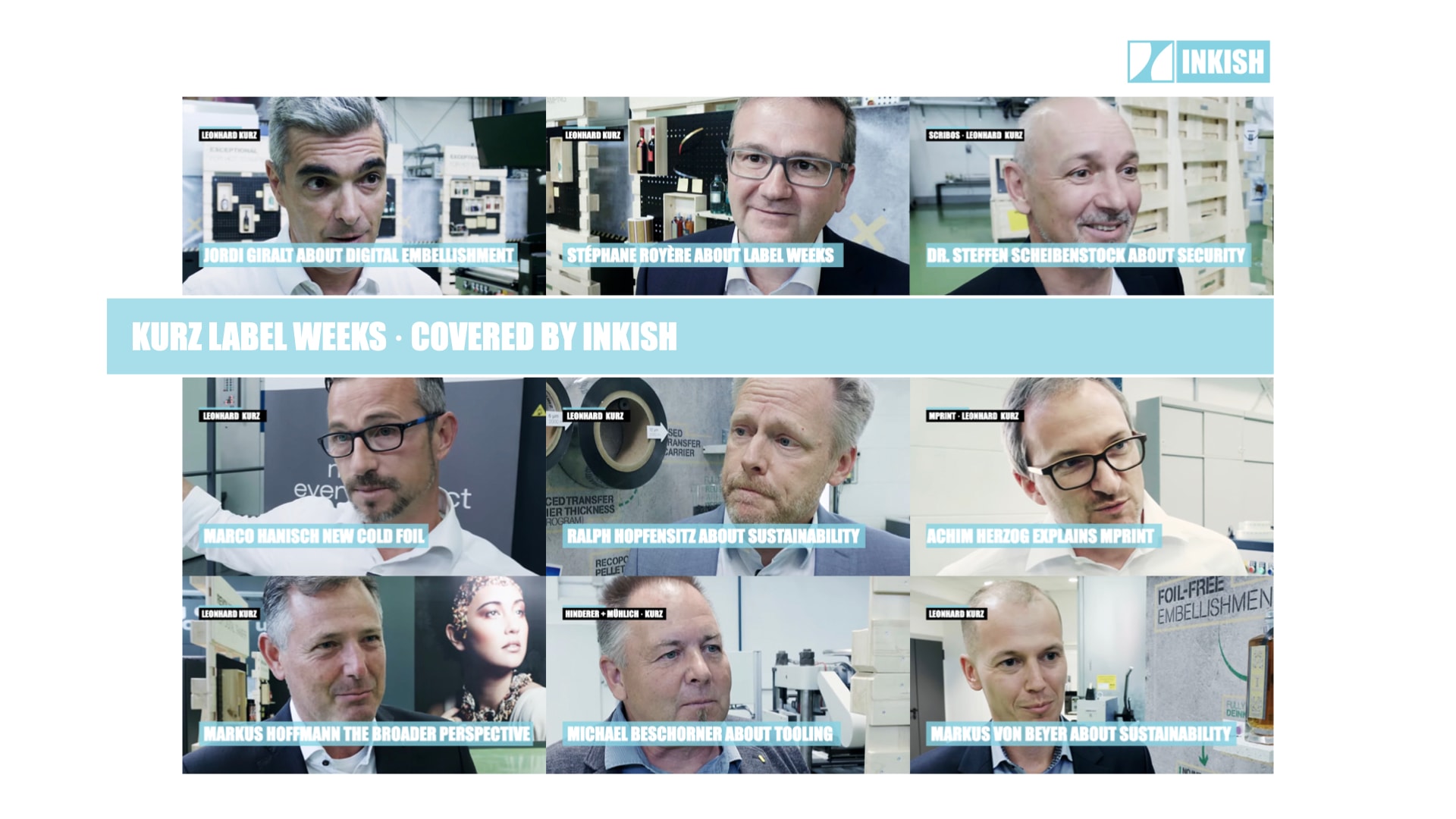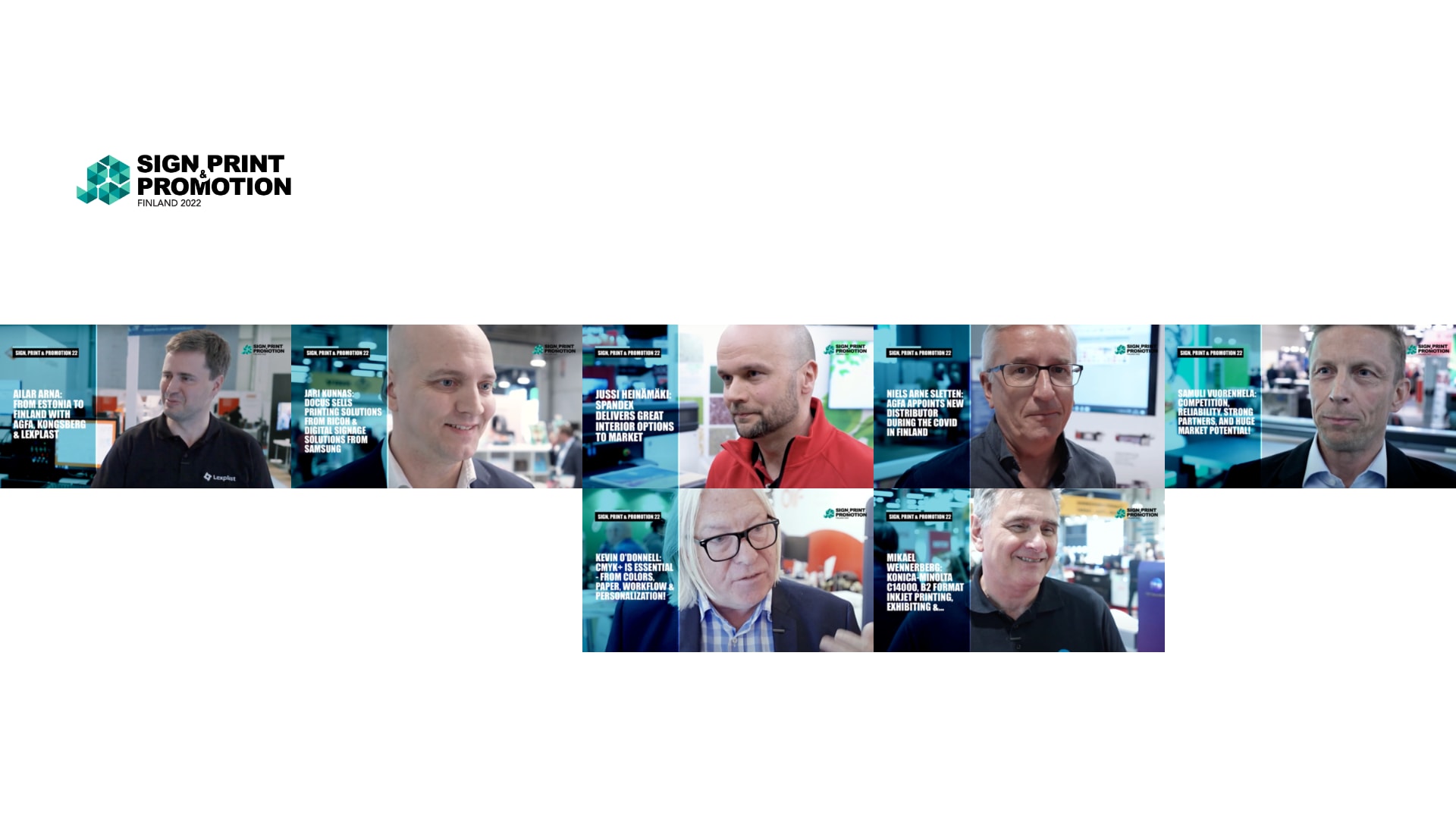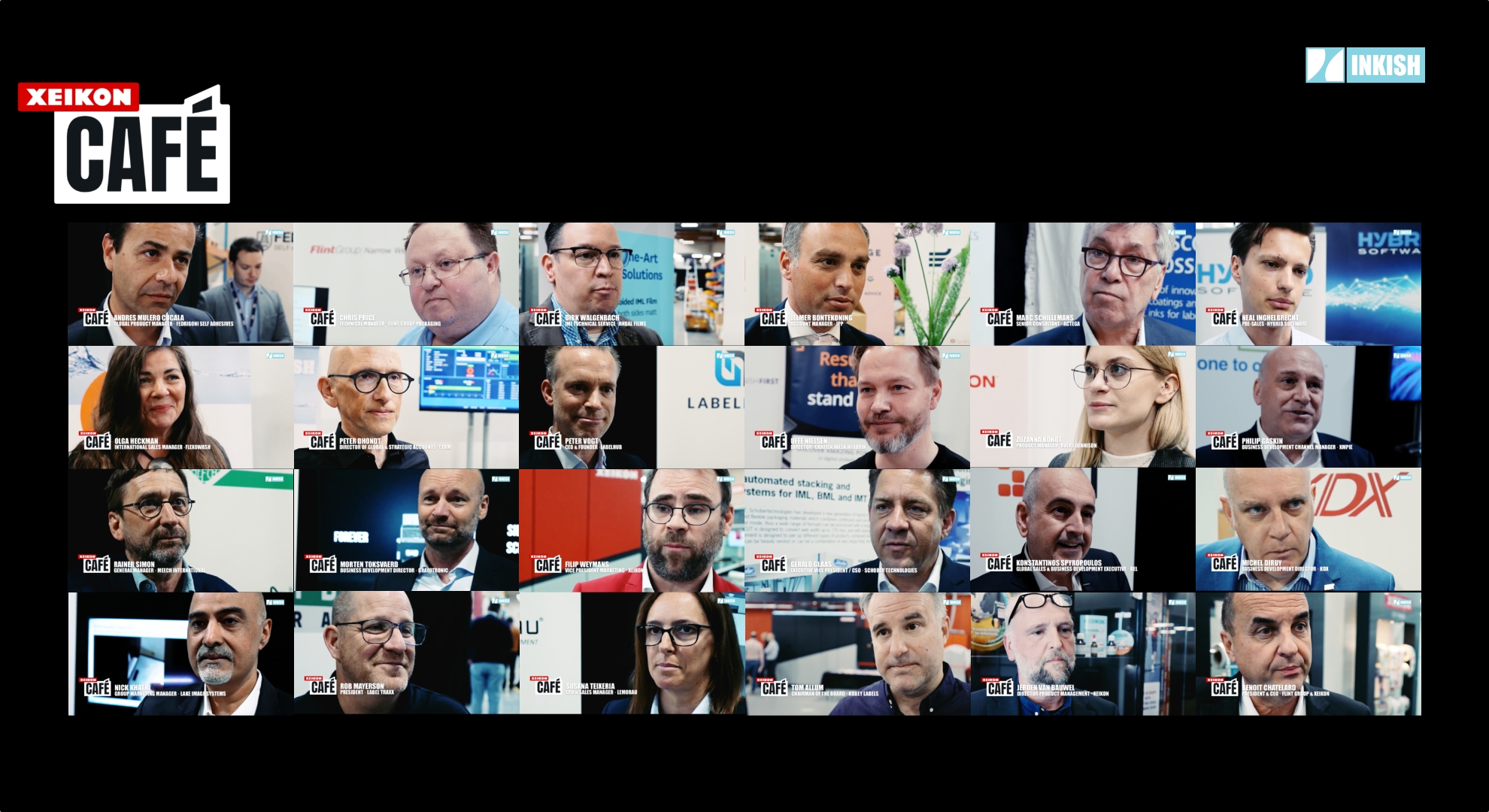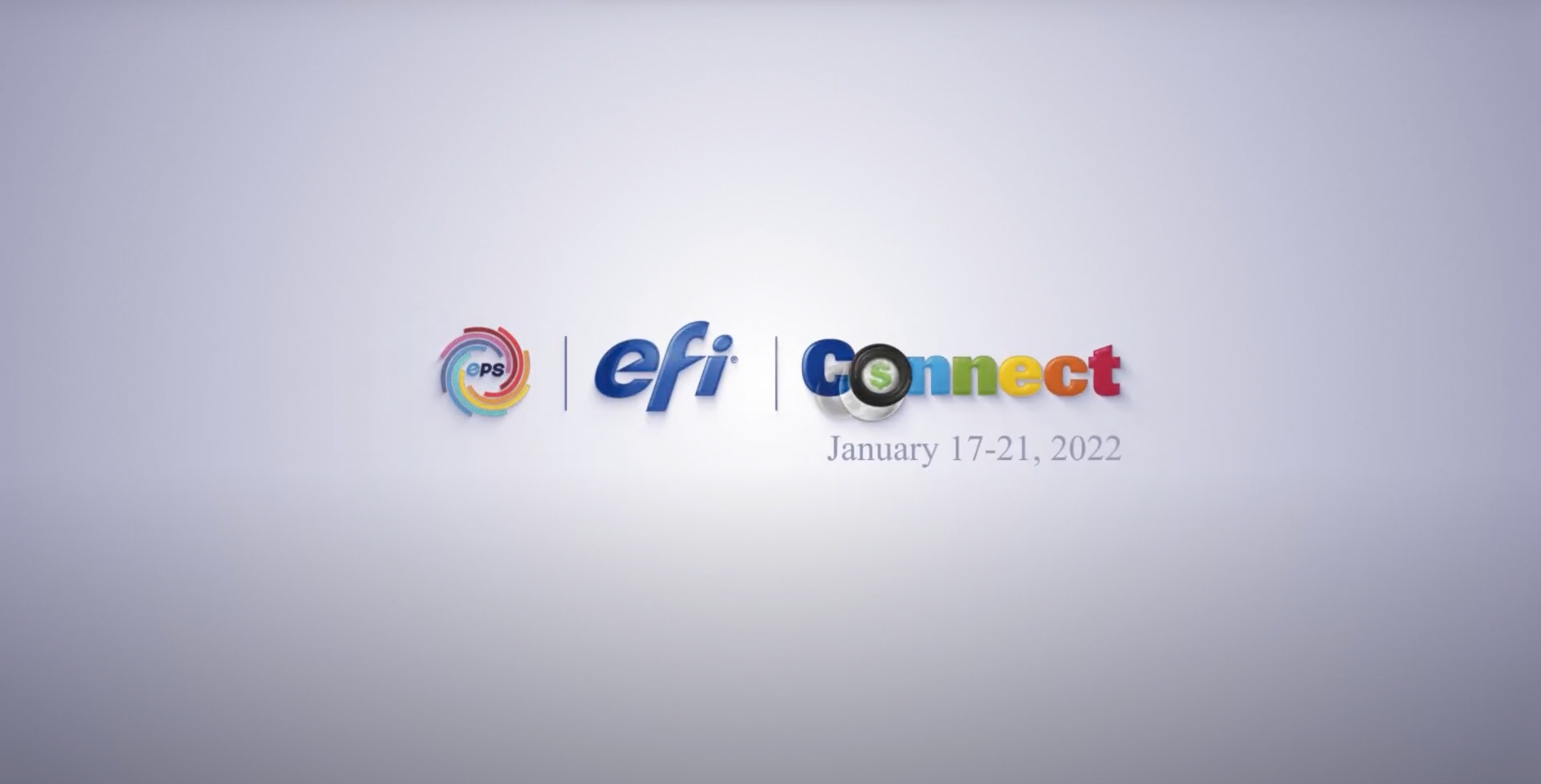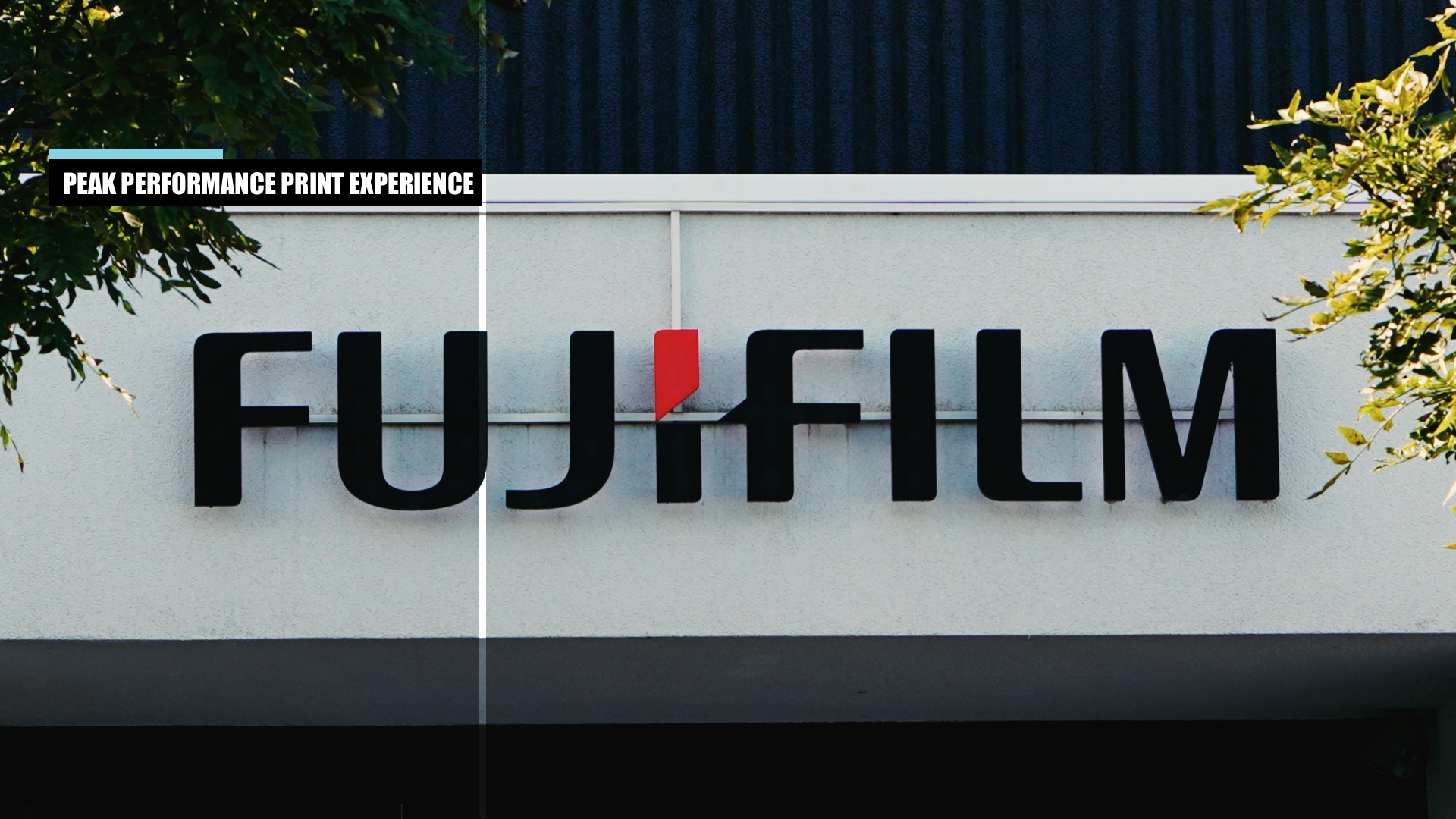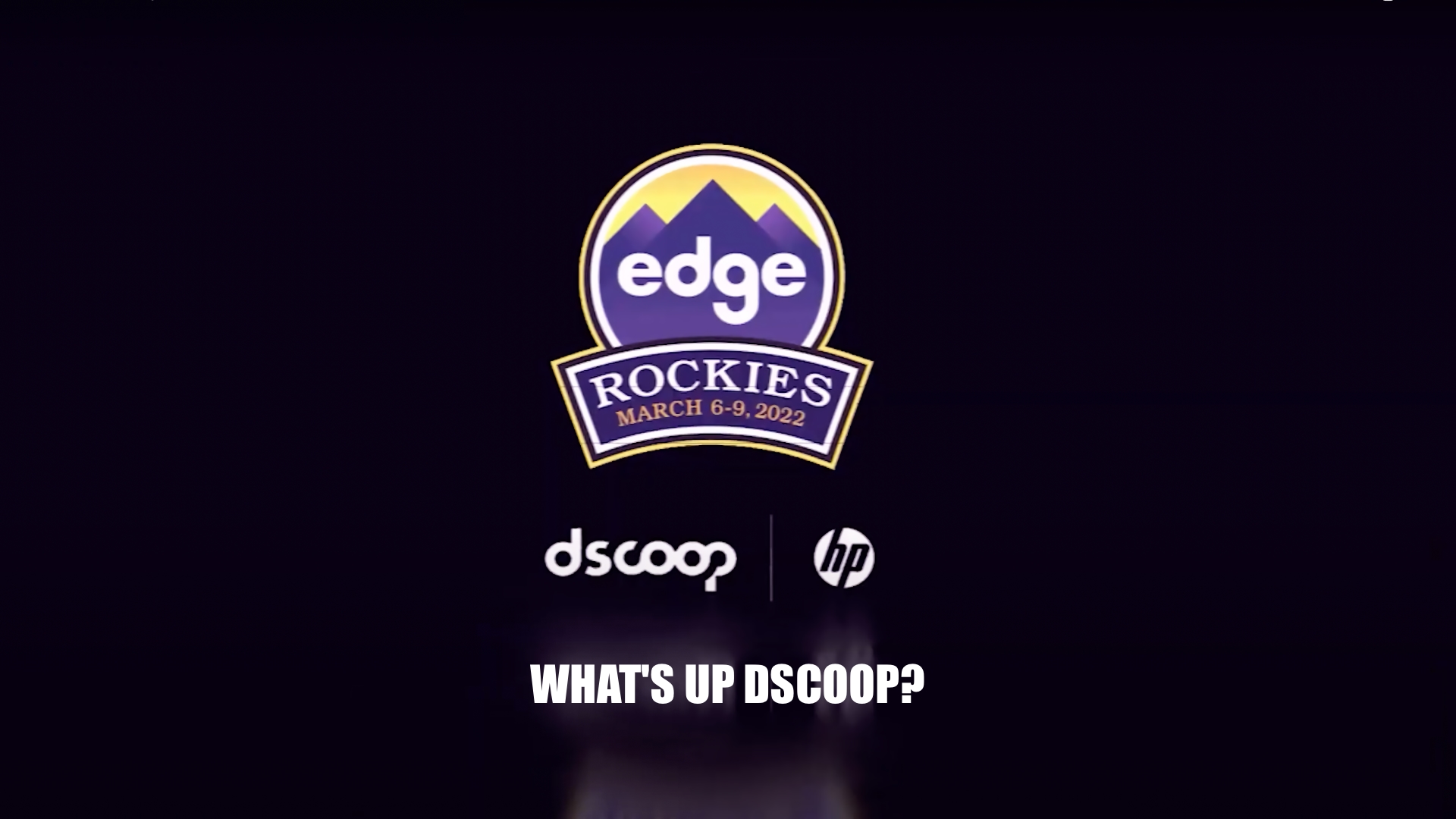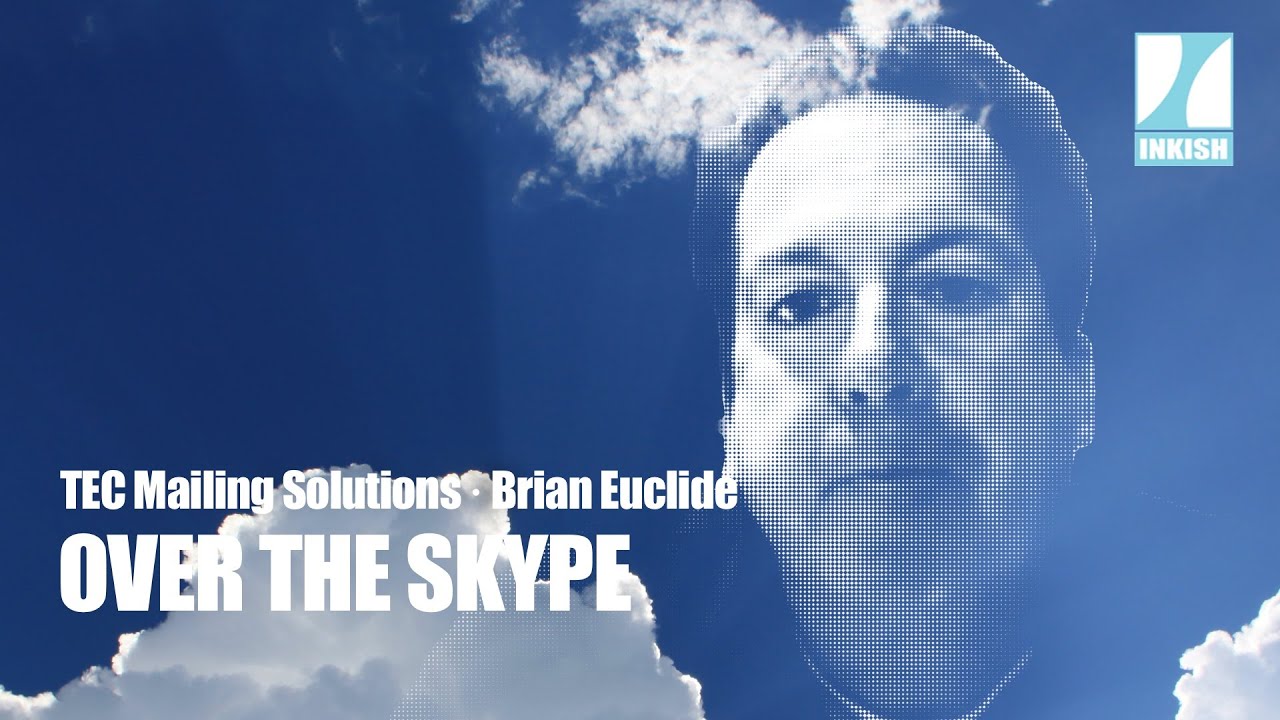Brian Euclide · Over The Skype · TEC Mailing Solutions
TEC Mailing Solutions is, according to Brian Euclide, the only provider in the US, able to provide mail data-cleaning, and other services related to addresses in the US, online. Not only online but also via an intensive set of API’s that enable their customers to integrate their own systems. Being a cloud-based supplier, you may have seen both Brian Euclide and his colleague Scott Eganhouse at various trade-shows where it’s become kind of trade-mark to see the company’s employees dressed in cloud-patterned suites.
Great gimmick. Great guys, and well – sounds like their solutions could be interesting for more to dig into.
As with all our ‘Over the Skype’ interviews, quality is limited to bandwidth, web-cams, and ability to literally LIVE mix the conversations. However, it works, and with Over the Skype, we will bring you more than 20 exciting people, and angles on the industry as it is right now.
Enjoy!
This is Morten Reitoft from INKISH.TV. And this is Over The Skype, as we have decided to call these a series of films. Because due to the coronavirus we are extremely limited to what we can do. And today I have the honor to talking to Brian Euclide from Tec Mailing the US. So welcome to my show Brian. I hope you’re good.
Good morning.
It’s a bit early at your end right now. Where are you located right now?
Madison, Wisconsin.
Madison, Wisconsin. That sounds so like the bridges from Madison. But I don’t know. Is it the same place?
No.
No.
No. Okay. It’s not. Okay. So a Tec Mailing, that’s a your company, isn’t it?
Correct.
Yeah. And what does it Tec Mailing does?
So Tec Mailing is essentially a software as a service provider for address hygiene and postal sortation.
Mm-hmm (affirmative). And what is it exactly you do?
I do little to nothing. Or if you translate that to, “I do everything.” So I’m president of the company. But it’s everything from sales. I’m heavily involved in the technical guidance and vision of the company. And-
Sorry. But before we go into what do you do as a person, I was more wondering, because I think that the way that the US postal things works are different from other countries. So maybe give a little insight on how it works and why it has a value. Because what I understand from what you do is basically that you make sure that you hit the right mailing services for the addresses that you want to reach. Right? Isn’t that correct?
Yeah. There is a huge difference between what goes on from a postal standpoint in the US versus Europe. Even the UK. In our particular case, in unique, traditionally these tools, you could buy a software package and load it on a desktop or a server and manage it in that way. Everything we provide is all through the internet. So we’ll take a list, name and address wise, standardize it, update it through change of address through the postal service. You know? Dedup it, and do the postal sortation in many cases for our clients all through a web browser. So anybody can use it. Nice easy wizard based solution. It takes little training time to get up and going. And we are essentially the only provider out there that provides this in a pay as you go capacity. So if you’re just starting, the last thing you want to do is go buy a big software package. So you would just pay for it with a credit card. Maybe you have one event. And as your business grows then you move into more of a subscription model.
Hmm. But maybe I’m stupid, but I just need to understand it correctly that it means that if let’s say that I want to do a direct mail campaign to an audience. And then let’s say I acquired a list or I have a list or I have from my CMS system or CMR system, sorry. And I want to send that out to a lot of addresses in the US. First you need to be sure that the address is a valid address. That’s one of the things you do. The second thing you do is that you also figure out which of the postal services are the best for that address. And with the service level you want. And a third, you provide the correct printing data for making sure that you have the right stamps and the right address format on the different services. I’m just trying to figure out exactly what it is Tec mailing is doing.
Sure. Yep. Yeah. So Tec Mailing, to your point, there’s kind of three layers to it. One is focused on the address itself. Is it a valid address? And how can the data itself around the address be improved and be more accurate? Secondly, there’s the you and I. You know? The person part of it. Does that person live at the given address? Or have they moved? And for that matter, a business can apply to that as well. You know? Change data around whether a business is there. And obviously with this whole pandemic, that’s going to be a new problem as businesses close and so forth. And then the last component really is the postal part of it. We don’t decide what service level you want to a leverage in United States through the postal service. We just make sure that the necessary data’s there, as well as it being sorted per all of the rules and guidelines to get you the lowest postage.
Mm. And as you mentioned, some solutions that are maybe more like packages of software that you buy, and then you use them. And the main difference between your services and some of your competitors in the market, is basically that you are web-based, that you can go as a service, so you only pay for what you need. And I think also one of your value propositions, is that you also provide an API. So I guess from a printer’s perspective, it must be quite interesting to also work with you on that level. Because you can integrate into the systems they provide to their customers to have a flawless integration between your services and the printer services. Can you elaborate a little bit on that one?
Yeah. So software as a service is kind of a big nebulous term. Essentially, yes, you have nothing to load. And depending on if you’re just the corner of printer that wants to leverage our services through a web browser, or if you’re a commercial printer, or maybe an insurance company, or something to that extent that has higher volume, you’re more likely going to embed our API, which is really just behind all of those webpages anyways, leverage our API. And it’s a full stack, from the standpoint of, it manages everything from user creation all the way through job management and so forth.
And so if you’re doing web to print, CRM, anything that you know you’re going to bake that into part of your workflow, that’s the best solution. And again, there’s nothing to maintain in that case. It’s a web service call out into the ether. And there’s nothing to load. It’s not a library with limited capabilities. It does anything and everything. So if you can do it at mailpreparer.com and facilitate your whole mailing, you can do it through our API lights out capacity. And that’s great for somebody of some magnitude. And we understand that you won’t walk a hundred mailing jobs through a web based browser. You’re going to do it lights out.
Mm. And being in that, I was just about to say sweet spot, that you are the only one that seems to offer this online and also with APIs. With everything else moving online, it seems that you have taken some right decisions when you decided with that strategy. How is it going from a business perspective?
Yeah, I’m not going to be shy. I started Tec Mailing in 2007. There weren’t many people then that wanted to upload large scale data to the internet. Whether it be a concern about bandwidth or security or what have you. And some strong IT guys in our organization made some good choices at that point in time to move us into the worldwide web at that point. And today you think about it, everybody does payroll, human resources, accounting. All your CRM is out in the cloud, whatever. And so the adoption rate is much better today. And people are clamoring for the idea that IT resources don’t want to software on desktops. So it’s a great space today. The curve is moving definitely in our favor. And it’s easier. I think people are looking for it. The only people who were looking for it in 2007 or eight were bleeding edge technology guys. Whereas-
Yeah. Now it’s more like marketing people and sales people that understand that you can actually bring value to the customers by enriching the data of the distribution. Right?
Correct. And whether you use one part or all of it, it’s just super easy to use. And we’re continuing to boil it down and make it easier and easier for people to consume that type of service. You know? Like everybody, it’s just a question of how you want to consume it. You want it through a browser, take it through a browser. You want to embedded it in your workflow, go through the API.
Okay. That sounds great. I was wondering, you manage quite a lot of data. And you probably know that in Europe we have the TDPR that is about privacy concerns. Do you have similar things in the US? Or is it something that is at all on the agenda when you are talking about that massive amount of data that relates to people?
Yeah, I think there’s two notable parts to that. One, from a privacy standpoint, we operate 100% in Microsoft Azure. And I won’t bore everybody with the details around the security there and how everything’s encrypted, and what have you. So California has passed some laws pertaining to privacy and data security. But maybe more importantly, we have a philosophy. And everything we do in our space is basically a moment in time. Everybody always [inaudible 00:10:53] is fearful of the Home Depots, the Targets, and some of these large security data breaches. Basically our clients upload data. We do five to 10 things to it, we return the data, and we wipe it from our systems. So-
Yeah. Yeah. So you don’t have any security issues when it comes to storage of data or anything like that. You basically process it and get rid of it. Is that how it works?
[crosstalk 00:11:15] Exactly.
Yeah. Okay.
Yeah, and so that premise, it calms a lot of people. And we can control client by client how long that data sits on our system. There’s kind of a useful shelf life for name and address data after we process it. But often, many clients want that to be much shorter. And so we can sit on it for essentially 24 hours, and make sure it’s completely wiped from our system.
Mm. And maybe it’s just because I’m ignorant to how it works, but I guess when you check an address, is it because in the US you have a centralized database of addresses and people, so you can ask up against the system to verify something that is public data or IRS data? How do you manage to ensure the quality of your data?
So there are libraries that are provided by the postal service. And then in addition, we are a licensed national change of address provider with the postal service. So we received weekly files as it pertains to that. And that data is updated and held locally. Encrypted. You can’t do anything with it individually, but then we’re able to leverage that to make those comparisons and update the data.
Hmm. That makes sense. So two things I would like to talk to you about. Let’s start with the first thing, is that you said. Of course you are very dependent on people using direct mail services and postal services in general. Is that a market that you can expect to have a longterm business on? I was thinking about, for example, in Denmark where I’m from, the postal rates are so high that I think that direct mail is very limited here. And that obviously causes issue for both printers and for marketeers. Is that something you see as a threat in the US market as well?
I think there’s the immediate threat of postage rates. Every time rates increase, people pull back. I mean we’ve gone through the phase in the marketing realm around email and a number of other avenues. Mail has repeated over and over again to demonstrate that it’s active marketing has some of the best response rates out there. I think it’s going to continue to decline at some rate. However, the tail on that will probably outlive me personally. But then in addition to that, it’s not exclusive to the idea of marketing mail or advertising. Regulatory requirements in the United States require a fair amount of statement work still.
Oh, okay. So that is like insurances and bank statements, and things like that.
[crosstalk 00:14:12] [inaudible 00:14:12] Yep. Yep. Banks. Yep Exactly. Healthcare is a very hot space for us in the sense that those statements have to go out and are generally, maybe made available electronically. But a lot of consumers want that actual paper. You know? A document in their hand. And then the other thing is, as we all know, and especially today, as we’re all locked up in our homes, packaging and parcels is a huge space. And so [inaudible 00:14:48] the data accuracy of that name and address on a parcel is just as critical. It may not be done in millions and millions of records at one time. But it has an element that has to be confirmed.
But that is awesome, because that is also an advantage of having the infrastructure with APIs, is that basically you don’t care whether you get one or a thousands or hundreds of thousands. Because I guess that’s just about scalability. Whether you can process them on a one by one basis. Right?
Yeah. So traditionally we work in a batch mode. So our expectation is a thousand records or more. However, we do have single record APIs that facilitate those actions in a one off. So either way.
Okay. That’s great. And based on that knowledge you have about how to do these kinds of things, do you see… Not trying to have a leading question. Actually, I was looking for an open way of asking. But do you see that you can expand your business into other services around what you’re doing right now that could be interesting for all the people that acquires data from you?
You know everybody talks about, if you have like transaction, it became like trans promotion and these kinds of things. And I was just wondering if it’s in your DNA to also think about offering additional services while you… I mean, you have a relationship with the customers, you know a lot about the data, how you should structure it and divide it. And I was just wondering if that was something in your mindset that you were thinking about how to think about adding even more value to what you do right now.
I’ll put it this way. I think, we as well as many people, love to chase the shiny objects. You’re always looking for another revenue opportunity. And we have. We’ve gone down workflow solutions and so forth. And I think the one thing that we’ve learned over time is, figure out what you do really well. And stay in your lane, if you will. And then figure out how to maybe broaden that lane. Not go chase off down separate roads and try to add a bunch of stuff on. I think we’re better suited, expanding slightly horizontally. But continue to make sure we focus on those tool sets, and make them essentially the best. Whether it be best technology or the best service available in that lane.
Mm. I think that makes perfect sense. I was just curious about it, of course. From a RI perspective, I guess people of course pay for the service that you provide. Would you say that? Or is it evident that the service that you provide, that it pays off by using the services? Or is it something that people need to invest in? Or how is that seen?
In the very downmarket space, it’s a tough pill to swallow. You know? You need to leverage these tools for a mailing event of any size to get the bulk discounts if you will. And that could be a heavy load for a small user. As you move up into high volume, especially in high volume transactional space, it’s pennies. But those pennies add up. And they add up both from a savings standpoint for the customer, as well as they add up for us.
Mm. Okay. So it does make sense not just to make sure that you get the messages delivered to the right customer, but it also makes sense because the quality and the value basically pays for the services that you provide.
Yeah, I mean, the idea of an accurate address has implications. I’ve heard upwards of, for a first class mail piece getting delivered to the wrong person, or to the wrong address, it could cost upwards of $5. That’s not necessarily exactly my space. But that amount can add up pretty quickly. And then, when you move into the parcel space, which we’re starting to do more and more on, if somebody moves or what have you and you’re delivering it to the wrong address and that parcel needs to be returned, that cost is astronomical in comparison to the little bit we charge.
Yeah. Yeah. Yeah, yeah. Makes sense. Brian, final thing I just need to touch upon, and you know what it is, it’s you and Scott, whenever we meet you in public spaces, you are not wearing the clothes you’re wearing right now. What is the story about it? The cloud suits.
Yeah. Yeah. So Scott and I are the cloud mailing guys and a number of years ago, Scott saw those suits and said, “Hey, you know what? We need to acquire some of these.” And since then, we’ve acquired at times every one we could find worldwide. And we have closets full of them. Yes.
I guess your wife hates you. Right?
We do not wear them. As you could tell, I don’t wear them every single day of my life. I don’t sleep in a cloud suit. But you know what-
I’m so sad to hear about that, I must admit. I was expecting that.
However, I will say this. It has been one of the most effective marketing tools that one could ever ask for. Because A, people know. B, people see us across the trade show floor. I don’t even have to be in our booth. People know who we are and whatever. You know? And we’ve been hanging with it. It is served well. And one would think that you exhaust it. But we haven’t got to that point yet.
And even better, I think that you extended the cloud suits into your social media marketing as well. Because I think that you have an amazing, fantastic, humor, when you are presenting yourself and Scott in various scenarios where you are copy pasting yourself into really funny stories. I think that everybody should take a look at your social media activities. I think that it’s kind of brilliant, the guerrilla marketing. I think it’s pretty cheap and I think it’s pretty effective. So congratulations on that part, anyway.
Thank you. And hashtag cloud mailing guys. And if you think about it, it’s a very simple premise. The whole idea of everything we were doing in that marketing, is you can leverage our tools from anywhere. And how appropriate timing wise, today when we’re all saddled in our basements and these home offices and what have you, those tools are so relevant. And that was the marketing campaign. It was the idea that you can leverage that technology from anywhere.
Yeah. Well, Brian, it was a pleasure to talk to here over the Skype, which we call this kind of event. So thank you very much. And the next time you have a Skype meeting with all your nice colleagues, please send my regards. And I hope to see you maybe at PRINTING United. Who knows?
I hope so. I hope so. Love to see you in Atlanta.
That’s great. Thank you very much.
All right. Thank you, Morten.






















